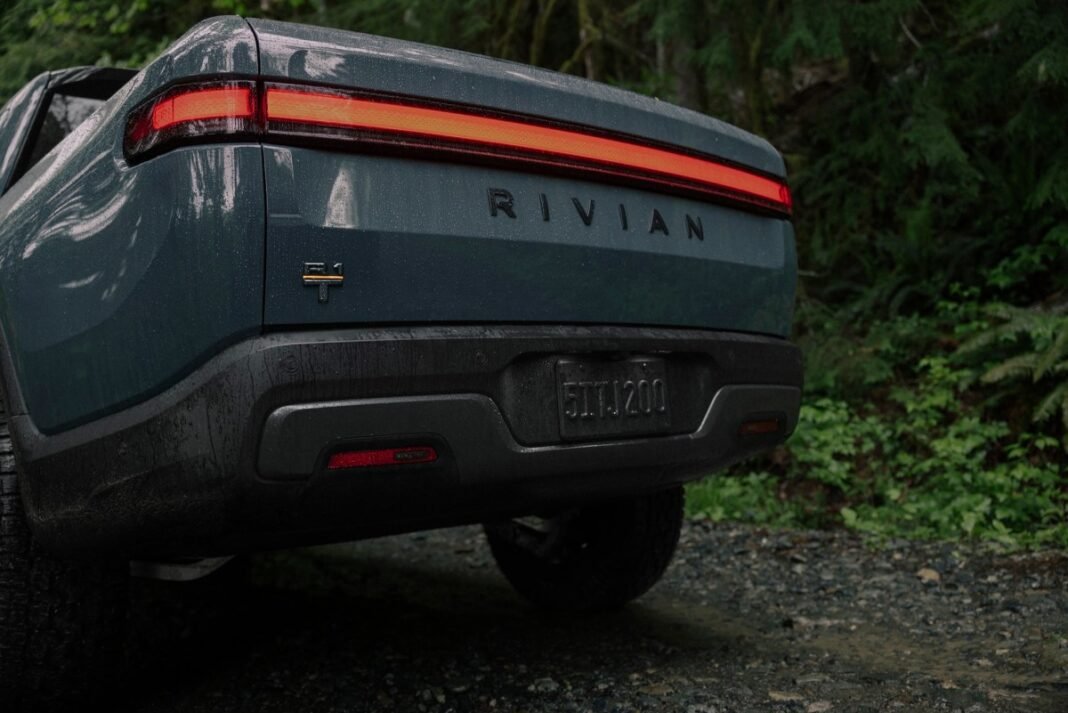Foxconn Withdraws from Former GM Facility Amid U.S. Electric vehicle manufacturing Challenges
After holding the former General Motors plant for three years, Foxconn has decided to exit the site due to its inability to successfully launch significant electric vehicle production there. This development marks another obstacle in Foxconn’s efforts to revitalize large-scale manufacturing within the United States.
Unfulfilled Commitments in American Manufacturing Projects
Foxconn’s difficulties are part of a broader trend of unmet expectations by foreign manufacturers attempting ambitious industrial ventures on U.S. soil. Previously, Foxconn committed to building a vast LCD factory in Wisconsin-a project once celebrated as a major political and economic milestone-but ultimately failed to deliver on those promises at scale.
Details Surrounding the Sale and New ownership Structure
The property, including land and facilities, was sold for roughly $88 million, while equipment linked with Foxconn’s electric vehicle operations fetched about $287 million according to Taiwanese stock exchange disclosures. The buyer is listed as “Crescent Dune LLC,” an entity formed just days before closing; however,Foxconn has not revealed further information about this new owner.
A Strategic Shift: From Electric Vehicles Toward AI Hardware Production
Although divesting its EV-related assets at this location,Foxconn plans to continue some manufacturing activities at the Lordstown plant servicing existing automotive clients. Recent reports suggest that the facility will be repurposed for producing artificial intelligence servers-signaling a strategic pivot away from electric vehicles toward emerging technology hardware sectors.
the Initial Vision versus Reality in Ohio
When acquiring this former GM factory in 2021 for $230 million from startup Lordstown Motors, Foxconn aimed to establish it as North America’s leading center for electric vehicle innovation and production. however, several intended occupants have since collapsed financially:
- Lordstown Motors: While some EVs were assembled here under contract with Lordstown Motors, that company filed for bankruptcy by mid-2023 amid allegations involving financial mismanagement linked with Foxconn’s involvement.
- IndiEV: Another emerging EV manufacturer planning SUV production at this site declared bankruptcy less than two years after announcing collaboration plans with Foxconn due to insufficient capital reserves.
- Fisker Inc.: Partnered with Foxconn on assembly efforts but succumbed financially by early 2024 despite initial enthusiasm around their Fisker Ocean model.
- Monarch Tractor: A niche producer of electric agricultural machinery manufactured limited units before significantly scaling back operations; current production status remains uncertain.
The Wider Impact: Obstacles Confronting U.S.-Based EV Manufacturing Partnerships
This string of bankruptcies among startups tied closely with Foxconn highlights systemic challenges faced by new entrants attempting large-scale automotive manufacturing domestically-including funding shortages, supply chain disruptions exacerbated by global events like COVID-19 aftermaths, and intense competition from established automakers accelerating their own electrification strategies.
“The swift downfall of multiple startups relying on contract manufacturers such as Foxconn underscores how precarious early-stage EV ventures remain,” industry experts monitoring North American markets observed in 2025.
A Comparable example: Silicon Valley Hardware Startup Failures
This situation mirrors difficulties experienced over decades within Silicon Valley hardware companies where many promising projects faltered due to underestimated expenses or shifting consumer demands-for instance, high-profile collapses like Juicero or Theranos illustrate risks associated with scaling complex technologies without solid financial foundations or clear market validation.
The Road ahead: Can Repurposing Industrial Facilities Spark Renewal?
The move toward AI server manufacturing could breathe new life into plants like Lordstown if global demand continues rising-driven by breakthroughs in machine learning applications spanning healthcare diagnostics through autonomous transportation systems alike. Such diversification may help stabilize local employment after prolonged uncertainty surrounding traditional automotive assembly lines transitioning into next-generation tech hubs.
This change reflects larger industrial trends where legacy factories evolve through innovation rather than relying solely on original core competencies-a vital adaptation given today’s rapidly shifting technological landscape worldwide.





